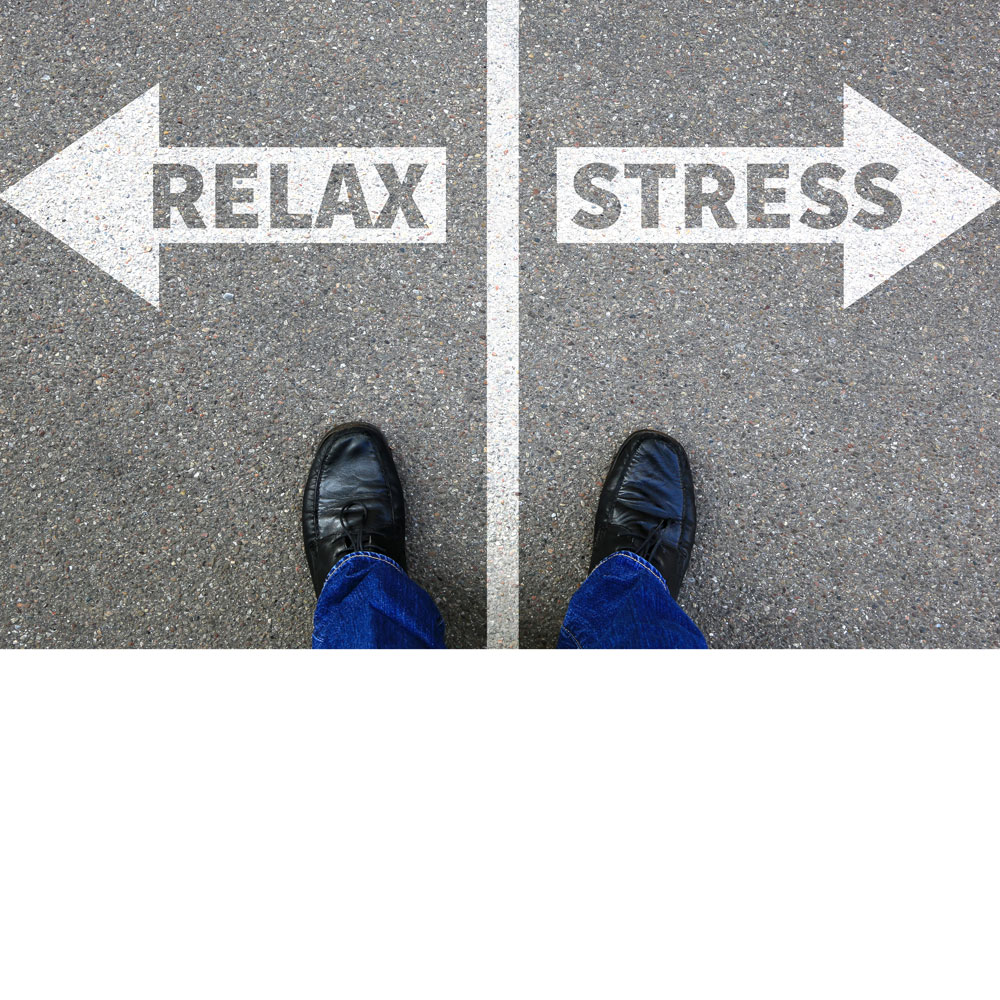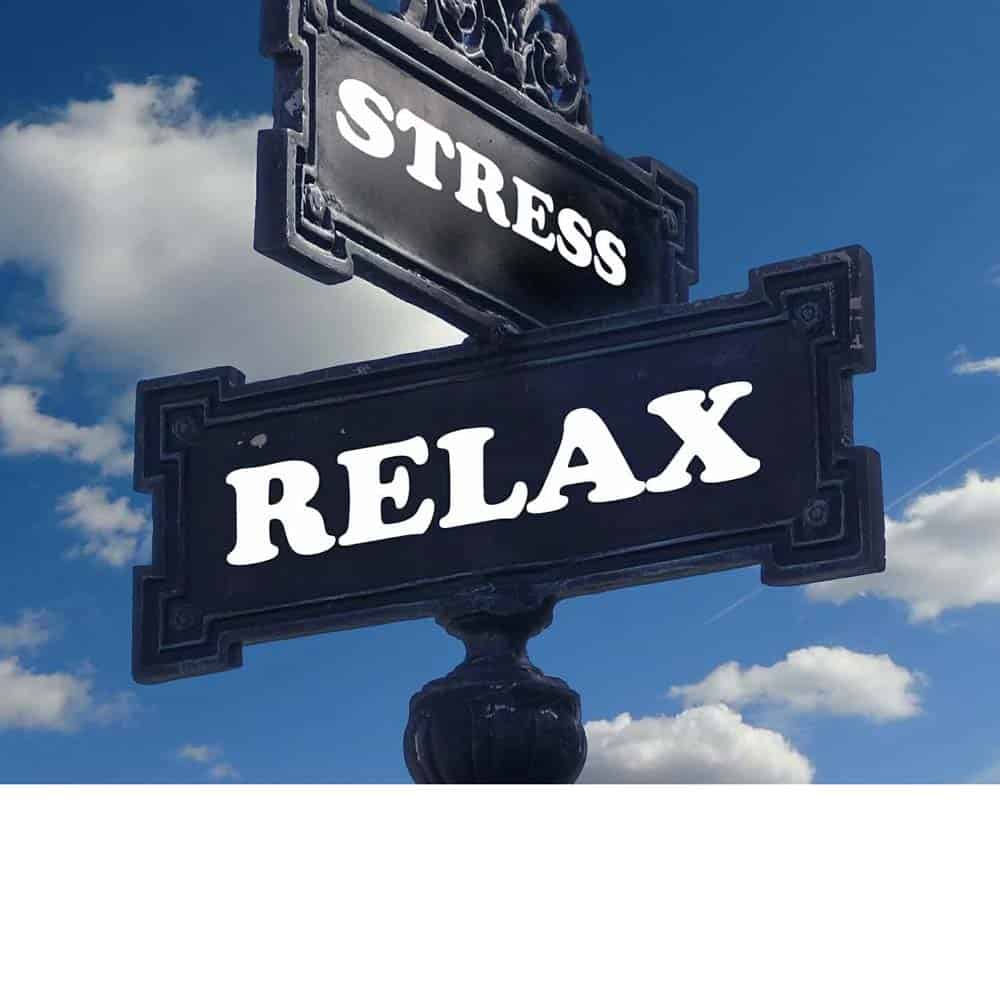Top Tips for Building Resilience
Resilience is essential if you are to thrive rather than simply survive in these challenging and uncertain times.
Resilience isn’t something that you either have or do not have, it is not a personality trait, it is a collection of behaviours, attitudes and skills that we can all learn and develop. Here are some Olympians, including Alistair Brownlee, Beth Tweddle and Mark Hunter, talking about their top tips for building resilience in sport and life.
Focusing your attention
When we’re experiencing adverse situations, where we place our attention is fundamental to our resilience and our ability to perform under pressure. Our focus of attention determines our thinking which creates our emotions which in turn defines our behaviour and ultimately our performance.
Here are 4 additional top tips for focusing your attention and building resilience in challenging times.
1. Focus on the controllables – when we focus our attention on the things we cannot control, its causes a feeling of loss of control, its draining and it reduces our ability to produce consistent performance. The most resilient people focus their attention on where they can have impact and influence.
2. Ask quality questions – in difficult circumstances we can find ourselves predicting the future, imagining worst case scenarios and asking ourselves ‘what if’ questions, which creates fear and anxiety. Asking ‘what can I DO now?’ focuses your attention on the action you need to take to help achieve your outcome. Another great question is: ‘what am I grateful for?’ – a reminder of what I have rather than what I want.
3. Reframe a situation – when faced with a challenge, check how you’re viewing it, are you seeing a threat or an opportunity? Viewing it as a threat it leads to stress and anxiety; viewing it as an opportunity it leads to positivity and a more creative approach.
4. Be present – it’s difficult to control our attention when are minds are so busy and full. Practising mindfulness or deep breathing exercises brings your attention instantly into the present moment, it clears your mind and helps you to stay focused and engaged on what’s important.
For more information on our resilience programmes, please get in touch or visit our resilience section
Published: Wednesday 18 March 2020
Written by: Anna Hemmings MBE, OLY



